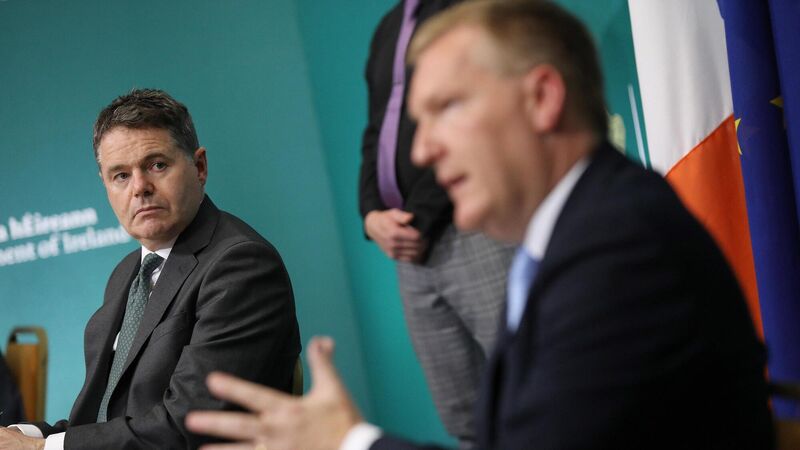'Difficult choices will have to be made': Budget 2023 to include 6.5% spending boost

The statement, published today by Finance Minister Paschal Donohoe and Public Expenditure Minister Michael McGrath says Budget 2023 will provide for an overall package of €6.7 billion.
The response to the cost of living crisis must be different to the pandemic with “significant fiscal challenges now firmly on the horizon” the Government has warned as it announced a €6.7 billion (bn) additional spending package for the Budget.
The publication of the Summer Economic Statement warns, however, that with public debt high and the advent of higher interest rates, “difficult choices will have to be made”.














